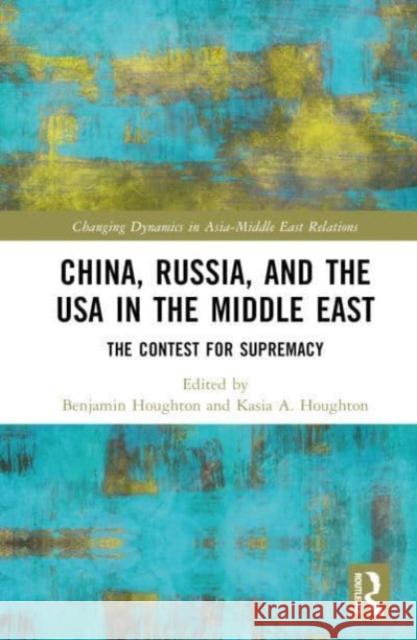China, Russia, and the USA in the Middle East » książka
topmenu
China, Russia, and the USA in the Middle East
ISBN-13: 9781032444079 / Twarda / 2023 / 296 str.
China, Russia, and the USA in the Middle East
ISBN-13: 9781032444079 / Twarda / 2023 / 296 str.
cena 759,15
(netto: 723,00 VAT: 5%)
Najniższa cena z 30 dni: 654,86
(netto: 723,00 VAT: 5%)
Najniższa cena z 30 dni: 654,86
Termin realizacji zamówienia:
ok. 16-18 dni roboczych.
ok. 16-18 dni roboczych.
Darmowa dostawa!
This book explores the rivalry between the United States, Russia, and China in the region, investigating its effects and assessing the influence of regional actors and issues.











